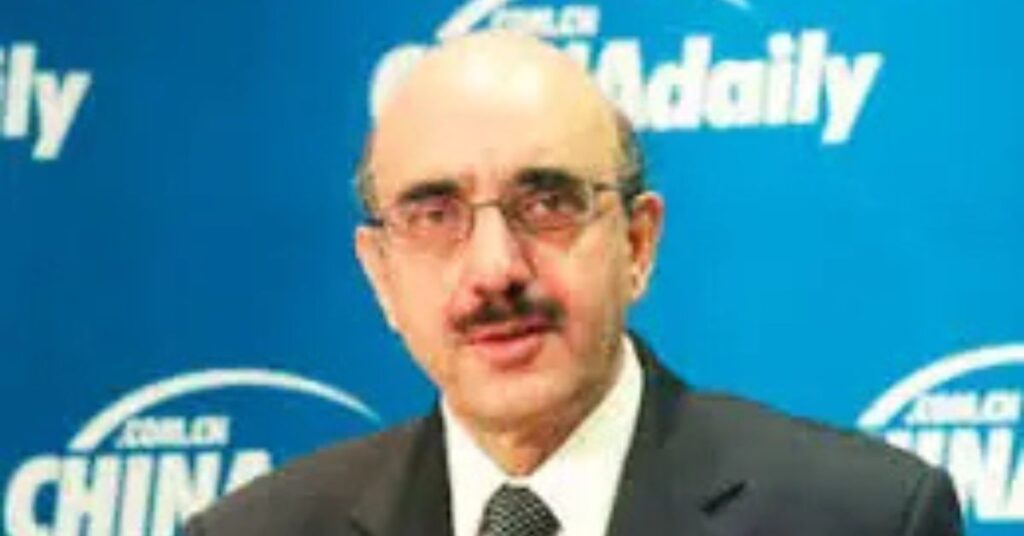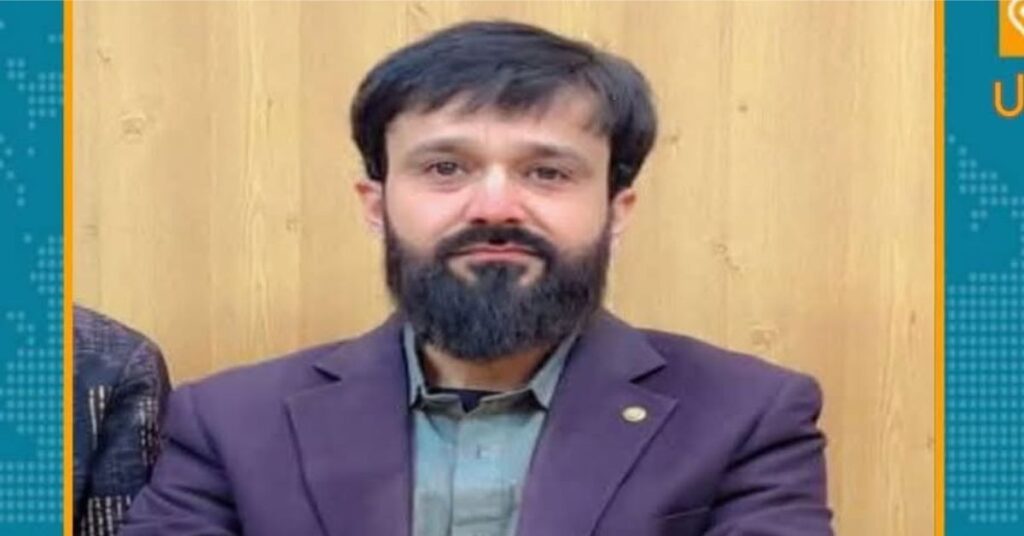ISLAMABAD (Kashmir English): Pakistan’s Defence Minister Khawaja Asif on Monday said that Afghanistan has become India’s proxy, and accused the Afghan authorities of sheltering and enabling militants.
In a post on X, Asif highlighted Islamabad’s five-year diplomatic efforts to secure peace and halt cross-border infiltration from Afghanistan since the Taliban took power in 2021. But he pointed out the lack of a positive response from Kabul despite Islamabad’s efforts.
The engagements include the four visits by the foreign minister to Kabul, two visits by the defence minister and ISI, five visits by special representatives, five by secretaries, and one by the national security advisor.
Moreover, the minister said that 225 border flag meetings were held with Afghan authorities, eight meetings of the Joint Coordination Committee, 836 protest letters, and 13 demarches.
طالبان کے 2021سے اقتدار میں آنے کےبعد سے لیکر پاکستان میں امن اور افغانستان سے دراندازی کے لئے ھماری حکومت کی کوششوں کا تفصیلی جائزہ۔۔۔
1-وزیر خاجہ کے کابل وزٹ 4
2-وزیردفاع اور ISI وزٹ2
3-نمائندہ خصوصی 5وزٹ
4-سیکرٹری 5وزٹ
5- نیشنل سیکورٹی ایڈوائزر 1وزٹ
6-جوائنٹ کوآرڈینیشن…— Khawaja M. Asif (@KhawajaMAsif) October 17, 2025
He also cited that 3,844 personnel were killed (civilian, military, and law enforcement combined) and 10,347 terrorist incidents were reported in Pakistan since 2021.
In a post on X, the defence czar noted that India, Afghanistan, and the Fitna Al-Khawarij, Tehreek-e-Taliban Pakistan (TTP) were jointly imposing terrorism on Pakistan. He regretted that those who had formerly taken refuge in Pakistan were now involved in conspiracies against it.
The defence minister stated that Pakistan could no longer tolerate the status quo of what he called “decades of forced hospitality”, stating that all Afghans residing in Pakistan must return to their homeland and that only those with valid Pakistani visas would be allowed to remain.
He stressed that Pakistan’s land and resources belong to its 250 million citizens.
The defence minister warned that “wherever the source of terrorism is, it will have to pay a heavy price”, noting that future actions would not be limited to protest letters or delegations.




